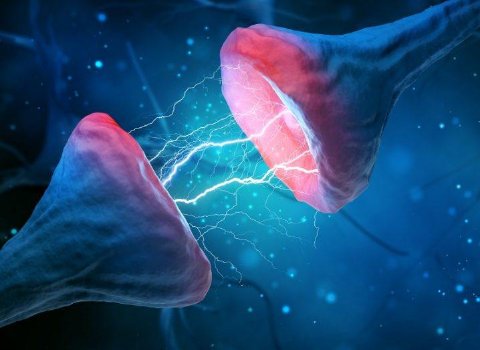With a significant number of hospitalised Covid-19 patients experiencing delirium, research published to the Journal of Neuroscience could have an important role in mitigating the disorder’s effects.
Delirium – a disorientating and distressing disorder particularly common in the elderly – occurs when the body experiences high levels of inflammation such as during bacterial or viral infections.
This alters how the brain functions, which in turn affects mood and motivation. In this latest study, scientists from Trinity College Dublin (TCD) said they have discovered a new link between delirium and impaired brain energy metabolism.
In testing with mice, the scientists found that artificially inducing peripheral inflammation triggered sudden onset cognitive dysfunction. It also left the mice with lower levels of glucose, which the brain requires for maintaining normal function.
Glucose not a miracle cure
When the mice were supplemented with glucose, their cognitive performance returned towards normal, despite the continued inflammation. The researchers said that additional work suggests that there are overlapping mechanisms at play in humans.
This is because cerebrospinal fluid collected from patients with delirium also contained tell-tale markers of altered brain glucose metabolism.
Prof Colm Cunningham, who leads the TCD Biomedical Science Institute Lab, said: “An important feature of these experiments was that mice with early stages of pre-existing neurodegenerative disease were far more susceptible to dysfunction when these metabolic changes occurred.
“Our collaborators in Oslo also detected evidence of altered brain glucose metabolism in cerebrospinal fluid taken from people experiencing delirium, which argues for overlapping mechanisms in humans and mice. In other words, the signs are that similar processes are at work in people.”
However, Cunningham added that simply giving patients glucose is not likely to treat delirium in most cases. Rather, an appropriate supply of oxygen and glucose could become important in older patients and those with existing dementia.
Colm Gorey
This article originally appeared on www.siliconrepublic.com and can be found at:
https://www.siliconrepublic.com/innovation/brain-energy-disruption-glucose-delirium
31/07/2020
Ireland
